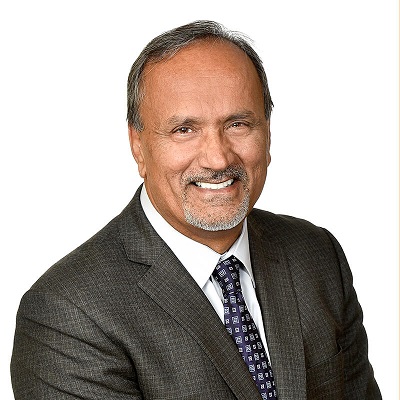WORKPLACES in B.C. will soon be more inclusive for people who wear religious head coverings without compromising workplace safety, thanks to changes WorkSafeBC is making to B.C.’s Occupational Health and Safety Regulation on safety headgear.
“Creating more inclusive workplaces is a priority for our government, and we have been advocating for a change to the safety headgear regulations for a long time,” said Harry Bains, Minister of Labour, on Wednesday. “We are building an economy that benefits everyone, which includes ensuring safe workplaces are inclusive to people regardless of their faith.”
Starting on September 1, 2021, employers will be required to review each area of a job site when determining if a person must wear safety headgear, such as a hard hat, in that area. Employers will determine, through a risk assessment, what safety precautions could be taken to prevent head injuries and whether a hard hat is necessary.
In B.C., workplaces are governed by the Occupational Health and Safety Regulation, which lays out the rules around workplace safety. In some workplaces, safety headgear, such as hard hats, is used to protect workers from head injury from falling objects and other hazards. In many workplaces, employers have approached the regulation with a blanket rule requiring all workers to wear a hard hat on the job, even in areas where the level of risk may be low or non-existent.
This regulatory change provides more opportunities for employers to safely accommodate workers who wear head coverings, such as a turban, as a religious practice. For many years, the Sikh community has raised concerns about not being able to fully participate in the workforce because of some employers’ approach to the safety headgear requirement.
Bains initiated a request in 2019 asking WorkSafeBC to review safety headgear regulations and consider changes to make them more inclusive. WorkSafeBC held extensive public and stakeholder consultations in 2020 and early 2021. Employers, industry associations, workers, unions and community leaders shared their perspectives on the proposed changes, which were considered as part of the decision. On April 27, 2021, the WorkSafeBC board of directors approved a regulatory change to Part 8 of the Occupational Health and Safety Regulation dealing with safety headgear.
After the changes take effect on September 1, 2021, WorkSafeBC will continue to conduct inspections in the industries with the highest risk of serious injuries. To ensure employers are aware of and understand the changes to the regulation, WorkSafeBC will send information to employers prior to the regulations coming into effect. The information will include information on each of the regulatory changes, which will include links to the revisions and any appropriate guidelines.
Baltej Dhillon, retired RCMP officer and WorkSafeBC board member, said: “The use of a hard hat as personal protective equipment is the least effective compared to other safety controls. This change will also allow members of the Sikh community who wear a turban to engage in dialogue with their employers to address workplace risks, which can, in turn, eliminate the need for a hard hat in certain scenarios. This change supports worker safety and will allow more Sikhs to come to work without having to compromise their religious beliefs.”
Balpreet Singh Boparai, legal counsel, World Sikh Organization of Canada, noted: “These regulatory changes support workplace health and safety and benefit not just Sikhs, but all B.C. workers. This step makes British Columbia a leader in the accommodation of the turban, and I’m confident that government, employers and workers will work together to make these new regulations a success.”
Kalwant Sahota, retired forestry worker, added: “I have been advocating about the turban and hard hat issue of Sikhs for over 13 years now, along with other community activists, workers and Sikh societies. As a turban-wearing Sikh who worked in the forestry industry for 32 years, I am happy to see the government take an important step towards inclusivity in the workplace.”
Quick Facts
* Employers in B.C. are legally obligated to ensure the health and safety of their workers, as well as accommodate a worker’s religious practice, under the B.C. Human Rights Code.
* Workers with concerns about safety on any workplace in B.C. can contact WorkSafeBC’s prevention information line for support, 24 hours a day and seven days a week, toll-free at 1 888 621-SAFE.
Learn More:
WorkSafeBC’s Occupational Health and Safety Regulation amendment:
https://www.worksafebc.com/en/















